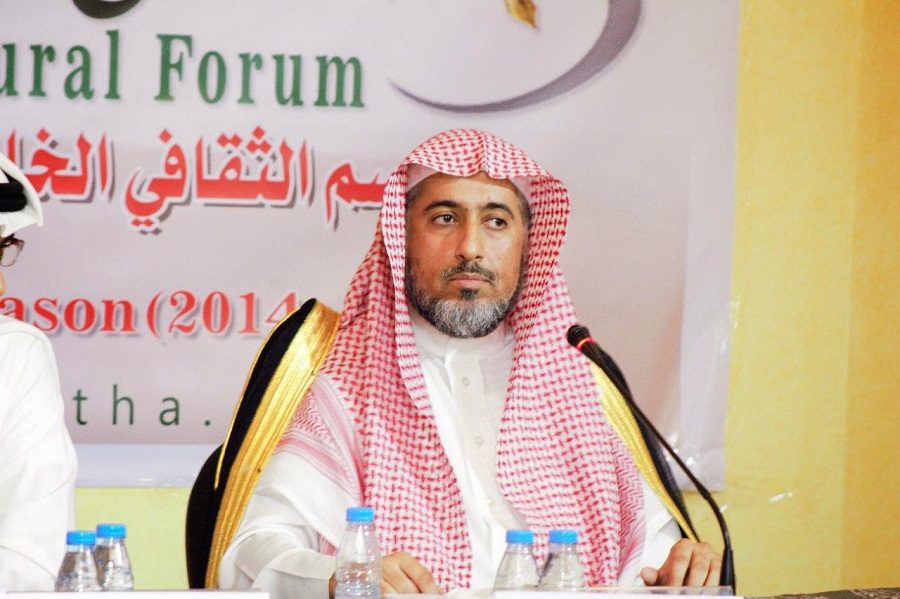In the presence of a large number of jurists, lawyers, writers and journalists, Althulatha Cultural Forum, the most prominent forums in Qatif, held on September, 16, a seminar about “the Role of Judiciary in Social Stability”.
The forum hosted Shaikh Isa Abdullah Al-Ghaith, a member in Shura Council and ex-consultant of the Minister of Justice. He talked about the role of judiciary in social stability, requirements of effective judiciary, problems and obstacles facing fair trials and its role in preserving public and private rights.
Al-Ghaith stressed on the importance of openness and freedom of expression and respect others rights. He said that “judiciary is an integrated system to assist people in geting their rights”, explaining that without judiciary lawlessness will prevail in the societies.
He also pointed out to the responsibilities of judiciary, including fairness, independency and preserving national unity. Al-Ghaith criticized the continuous confusion between freedom of expression and abusing others, calling to distinguish between the two concepts.
He debated the appointment of judges based on Sharia studies rather than law graduates. Al-Ghaith also confirmed that anyone can see people who insult others whether individuals or group.
During the seminar, attendees raised many questions related to judiciary where Dr.Ali Al-homod wondered about refusing testimony of some witnesses because of their religious differences which contradict with the concept of equality among citizens.
Nasima al-Sada, a human right activist, wondered about the lack of personal law affairs system and variance of judicial provisions. Her opinion was supported by Walid Sulais, who attributed that to the absence of executive regulations and clear standards in selecting judges. He also criticized the punitive sentences which issued by some judges in the Specialized Criminal Court.
Saeed al-Omir talked about independency of judiciary, where he explained that many accusations don’t require punishment or long sentence such as expressing opinions. Kawther al-ARbash pointed to the contrast of provisions in Saudi courts.
On the other hand, Tariq al-Nazer talked about protecting and respecting religious freedom in Saudi Arabia as being an Islamic state while Ahmad al-Abd al-Nabi criticized duplication of Saudi courts which differs from one region to another.
Mohammed Saeed Al-Jishi, a lawyer, spoke about shortage of judges in Saudi courts and the difficulties facing women in courts such as the need to bring a male guardian.
Hussein al-Sha’ban asked about how to sue religious insults, and Ahmed al-Mshaikhas criticized some judges who refuse to listen to detainees’ defense, especially that their confessions have usually been taken under duress.
Thursday, 17 April, 2025
Trending
- منتدى الثلاثاء يناقش نشأة الحضارات الإنسانية
- القطيف تحتفي بالمفكر البليهي وتناقش نظرياته
- ثقافي / “الرؤية الإنسانية والعقل” .. ندوة بمنتدى الثلاثاء بالقطيف
- مثقفو الوطن يحتفون بتكريم المفكر ابراهيم البليهي في القطيف
- طروحات البليهي الفكرية على طاولة تشريح المثقفين
- This week’s topic: Che Content And Role Of Personal Libraries
- Althulatha Forum discusses the Scientific Inspiration and Future Orientations
- الاستاذ عبد الله البوشي – (لواء سابق)
- المهندس شفيق آل سيف
- الدكتور منصور المرزوقي
You might also like

